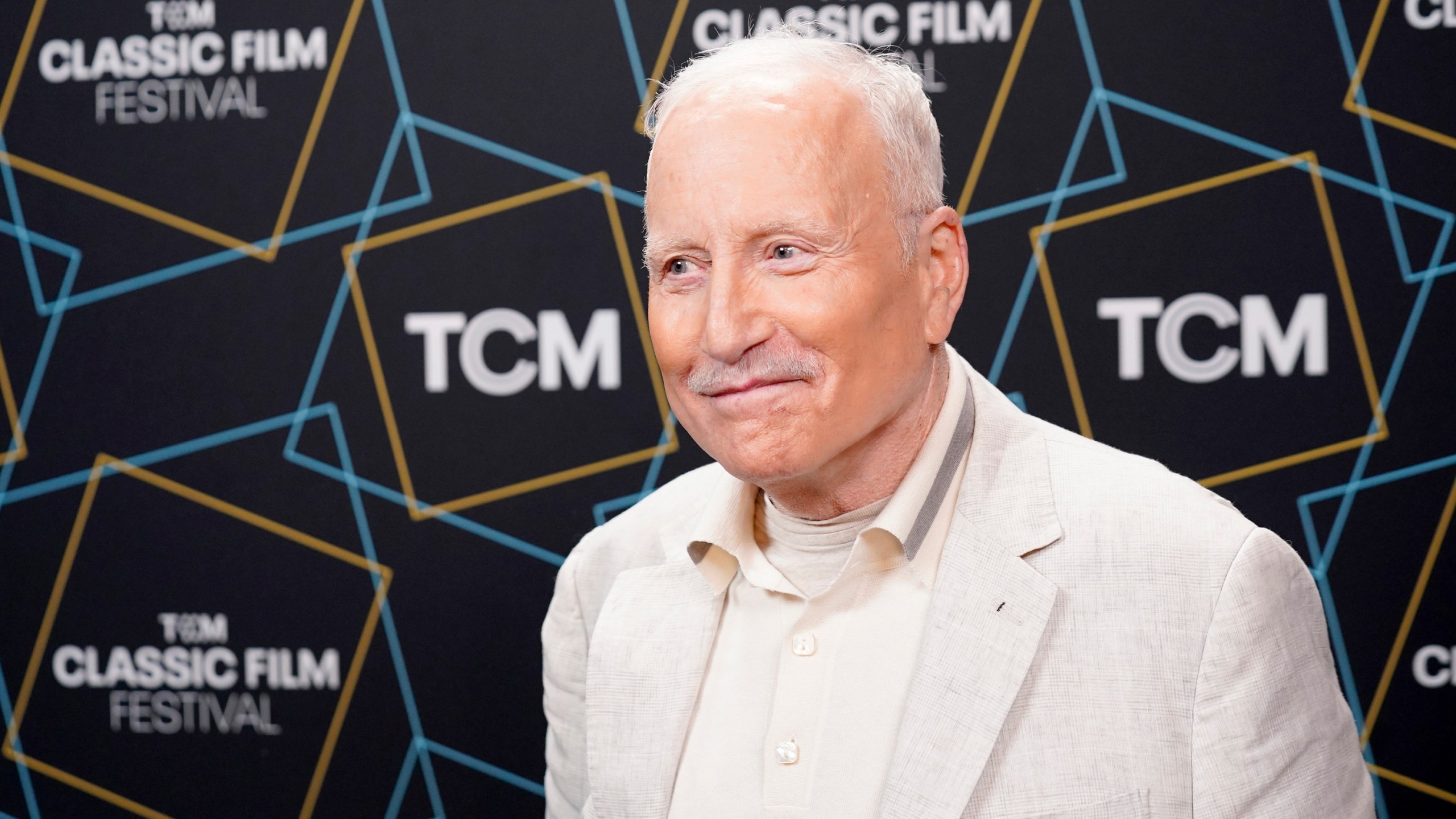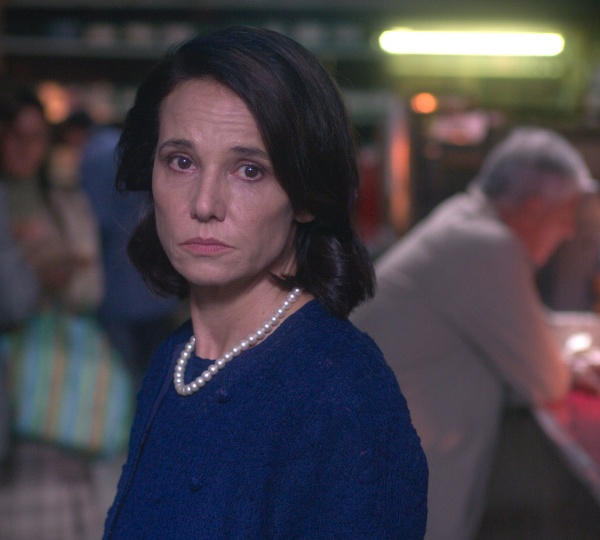Richard Dreyfuss is blasting the Oscars‘ looming new inclusivity requirements — and defending the use of blackface in the process.
The Oscar-winning “Goodbye Girl” actor sat down for an interview with PBS’ “Firing Line With Margaret Hoover,” released this Friday (via Variety). Although the majority of the interview focused on Dreyfuss’ advocacy for civics education in public schools, he also spoke about the soon to be implemented inclusivity requirements for Best Picture nominees at the Oscars. First announced in 2020 by the Academy after years of criticism against its overwhelmingly white winners and nominees, the rules go into effect in 2025, and only apply to the Best Picture category, with hopefuls needing to achieve certain benchmarks in order to qualify for consideration.
These benchmarks aren’t particularly difficult to reach — all films need to meet just two out of four standards in onscreen representation, crew inclusivity, internship opportunities, or marketing representation — but Dreyfuss said they “make me vomit.”
“It’s an art. No one should be telling me as an artist that I have to give in to the latest, most current idea of what morality is. What are we risking? Are we really risking hurting people’s feelings? You can’t legislate that,” Dreyfuss told Hoover. “You have to let life be life. I’m sorry, I don’t think there is a minority or majority in the country that has to be catered to like that.”
In the interview, Dreyfuss also pushed back against the perception that roles can only be played by actors whose identities align with the character, such as a Jewish character being portrayed by a Jewish actor. Dreyfuss used the extreme example of 1965’s “Othello,” which starred Laurence Olivier as the titular Shakespearean character. Although the film was well received at the time, and Olivier received an Oscar nomination for his performance, it also attracted controversy due to Olivier’s use of heavy blackface to play Othello, a military commander with a “moor” background.
“He played a Black man brilliantly. Am I being told that I will never have a chance to play a Black man?,” Dreyfuss said. “Is someone else being told that if they’re not Jewish, they shouldn’t play [in] ‘The Merchant of Venice’? Are we crazy? This is so patronizing. It’s so thoughtless and treating people like children.”
In 2017, Dreyfuss was accused of sexual harassment by writer Jessica Teicht, who he worked with on the 1987 ABC Comedy Special “Funny, You Don’t Look 200: A Constitutional Vaudeville.” Teicht alleged that Dreyfuss, who hosted the special, harassed her for months during production and exposed himself to her without consent. Dreyfuss denied exposing himself to her, but admitted that he flirted with Teicht repeatedly and tried to kiss her “as part of what I thought was a consensual seduction ritual that went on and on for many years.”




